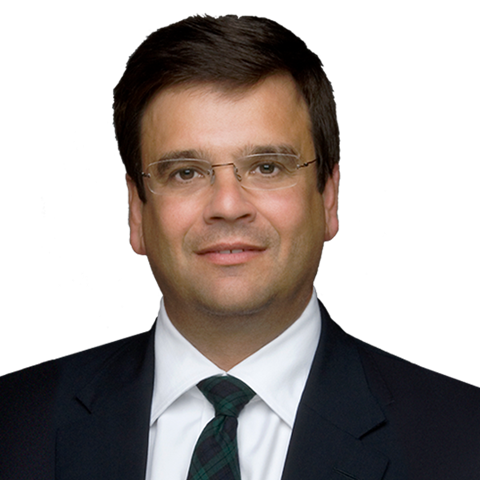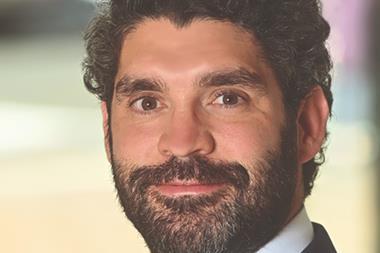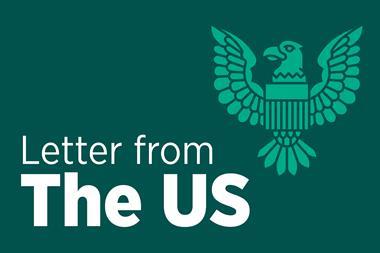Investor appetite for alternative assets remains strong despite broader macro disruptions, according to Coller Capital’s latest semi-annual Global Private Equity Baramoter.
The 39th edition of the Barometer captured the views of 110 private equity investors from around the world. In total, the investors surveyed oversee an aggregate minimum of $2.2trn in assets under management.
The majority of the investors surveyed (90%) said they plan to maintain or increase their allocation to alternatives, with limited partners (LPs) most likely to increase target allocations to private credit (44%) and expected to reduce allocations to hedge funds and real estate.
Despite the desire to allocate more to alternatives, 90% of investors said they are not prepared to borrow to finance new fund commitments over the next 12-24 months.
According to Coller Capital, the current macro-economic conditions have been driving credit’s popularity with almost half of LPs stating that higher interest rates have had a positive impact on the performance of their private credit portfolios, while three quarters of LPs think that private credit managers will lend to private equity at a faster rate than banks over the next 1-2 years.
Regionally, investors are also optimistic about a recovery in venture capital activity in the next 1-2 years, particularly in North America. Looking to Asia, India and Southeast Asia are viewed as the most attractive markets for buyout opportunities.
Artificial intelligence
Nearly half of LPs also reported interest in venture funds specifically targeting AI investments. European LPs displayed the strongest investment appetite across both venture capital and private equity AI focused funds.
Coller Capital said that broader AI adoption across a range of industries along with future advancements in technology, could pave the way for new market entrants and increased opportunities, leading to sustained LP engagement.
LPs are also increasingly recognising the potential of AI to transform their own investment processes.
The majority of LPs (54%) acknowledge the need to develop in-house AI capabilities to optimise organisational ability and decision making.
The survey showed that fund monitoring and competitor benchmarking were the biggest focus areas for AI integration with 38%, and 31% of investors planning to implement AI in these processes.
Co-investment
Appetite for co-investment also increased over the last 12 months. According to the survey, a fifth of LPs have increased their interest in co-investment opportunities, more than double the number of respondents who expressed a reduced inclination to engage in the strategy.
Coller Capital said the shift in appetite could be attributed to greater LP sophistication in the selection of investment opportunities, typically lower than fund commitments fees, and a potentially growing aim to commit funds to previously under-allocated strategies.
LPs are also anticipating a greater availability of co-investment in the next 12 months.
According to the Barometer, half of LPs expect to see increased co-investment deal flows offered by general partners (GPs). The view was unanimous among LPs across all regions.

Coller Capital said that LPs demand for co-investment opportunities would likely find a favourable response from GPs which would be keen to accommodate the evolving requirements of their investor base. In turn, LPs’ co-investment participation could also widen the scope of potential asset acquisition opportunities.
Regulations
The survey also looked at investors’ views towards regulations, with the majority of LPs expecting that the newly-proposed Securities and Exchange Commission’s (SEC) ‘Private Funds Rules’ regulation will help transparency and alignment.
In particular, LPs believe the Restricted Activities Rules, such as GP clawback disclosures, will lead to enhanced transparency.
Jeremy Coller, chief investment officer of Coller Capital, said: “The latest edition of the Global Private Equity Barometer shows that despite a disruptive macro environment, alternatives remain an attractive asset class.”
He added that LPs are committed to maintaining their allocation and expanding their portfolios in areas such as private credit and co-investments. However, he added that fundamentals in the market are shifting.
He said: “The opportunities offered by generative AI and the challenges of an evolving regulatory landscape have the potential to change the way both LPs and GPs operate in the future.”
Read the digital edition of IPE’s latest magazine






















